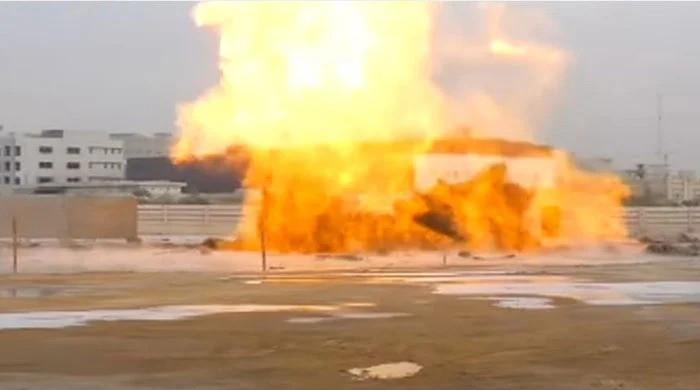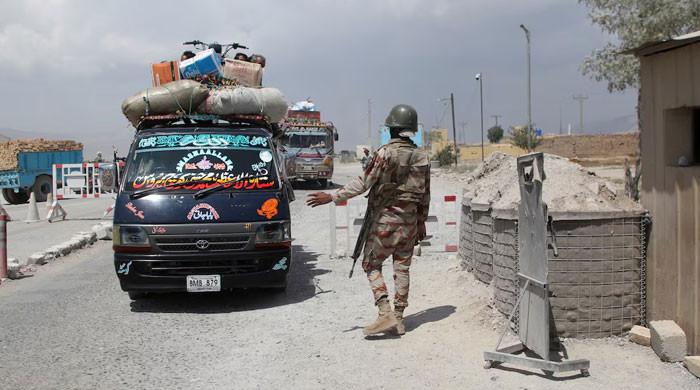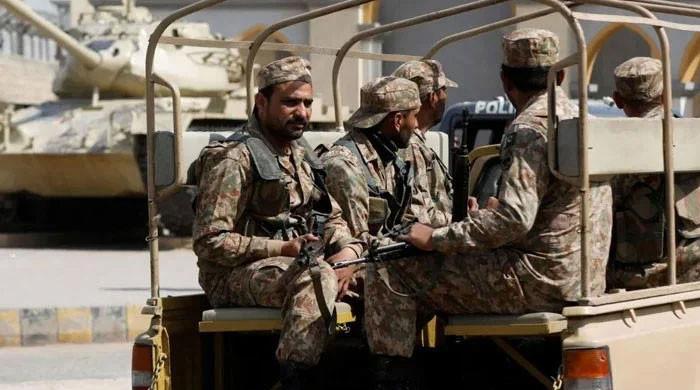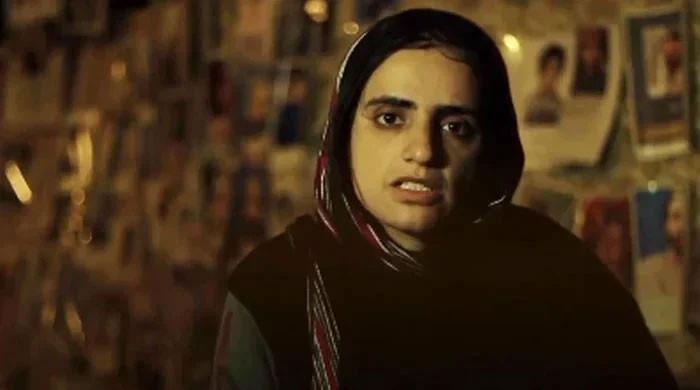SC overturns high courts’ decisions in prisoners’ release case, but makes some allowances
Five-member bench under chief justice says law cannot be upended even in times of crisis, but allows most vulnerable prisoners relief
April 07, 2020
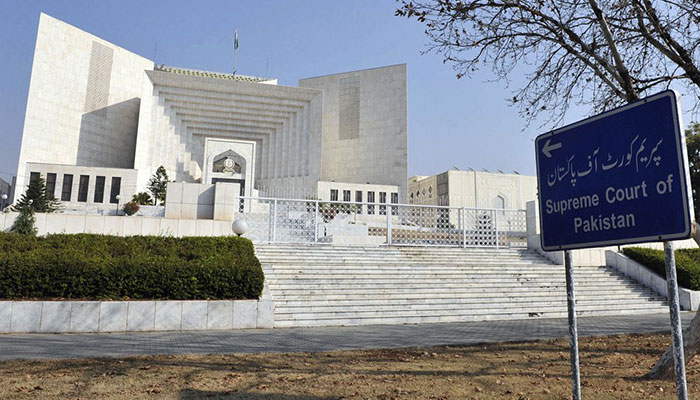
The Supreme Court of Pakistan on Tuesday overturned high courts' decisions to release under-trial prisoners en masse in a bid to stem the coronavirus outbreak in the country, stating that the high courts did not have the powers to take suo motu notices on the matter as they had done, and also that the law could not be upended under any circumstances.
However, it did allow exceptions to the rule after curtailing the list of possible beneficiaries of such a relief on the attorney general's recommendations.
The decision was announced by a five-member larger bench headed by Chief Justice Gulzar Ahmed.
The top court said it was overturning the verdicts given by the Islamabad and Sindh High Court regarding the release of prisoners and directed that all those released be re-arrested.
“The 519 under-trial prisoners released by the Sindh High Court should be re-arrested,” the apex court announced. The Supreme Court also cancelled bails granted to those incarcerated for serious crimes.
Simultaneously, the court approved the recommendation put forward by the attorney general to give the relief to vulnerable prisoners who pose a minimal threat to society.
The relief will therefore be granted only to those accused persons who have been charged for offences under non-prohibitory clauses or under vagrancy law or offences which carry a punishment of less than three years in jail, subject to the following terms:
- The benefit shall not extend in cases involving abuse/violent acts against children and women.
- The benefit shall first be extended to persons otherwise suffering from ailments or physical or mental disability.
- The benefit shall be extended to under-trial prisoners (UTPs) who are 55 years of age or older, and then other male UTPs — provided there is no history of past convictions.
- The benefit shall be extended to all women/juvenile UTPs.”
Release of under-trial prisoners: SC urged to reconsider decision against IHC ruling
During yesterday’s hearing, the country's top judge had remarked that the court could not release under-trial prisoners en masse.
“The government needs to find a way around this. Those who have the virus will infect others as well. The government needs to impose precautionary measures in prisons,” he had said.
Justice Qazi Ameen, who was also part of the five-member bench, said the court ought to be concerned about the lives of people.
“If the infected persons are not in jail, others will be safe,” he said.
However, Justice Atta Bandial had pointed out that if infected persons were not in jail, there was no question of others being infected.
“We need to make standard operation procedures to deal with these situations. A large number of people also live in police and army barracks and SOPs are followed there [for their protection],” he had noted.
“Homes should not be compared to jails,” the attorney general had argued.
“What is the logic behind releasing prisoners doing time for serious crimes?” Justice Bandial had remarked in response.
The court had also ordered for better facilities to be set up at Taftan border to screen pilgrims and to keep them in isolation.
“Proper quarantine centres and isolation wards should be set up at Taftan, Torkhan and Chaman borders. A quarantine centre should be set-up within the next two-weeks. Each person should have a separate room, bathroom and good food,” Justice Gulzar had said.





